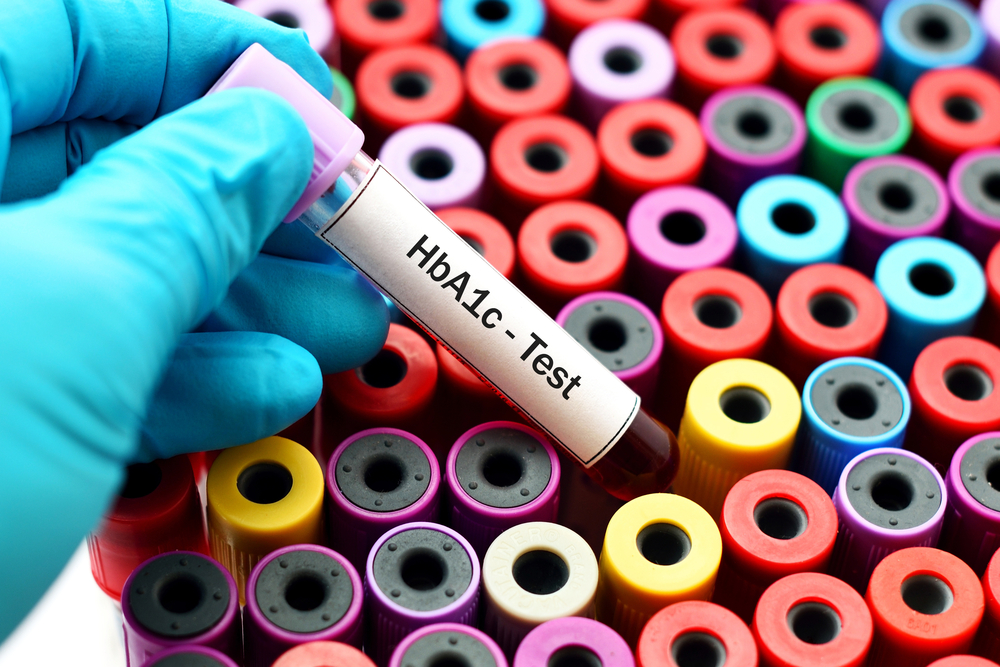How Diabetes Affect Kidneys?

To understand diabetic kidney disease, first learn about blood sugar and kidney functions in the human body. Diabetes is when the body’s inadequate insulin response causes uncontrolled blood sugar, potentially damaging organs over time. Diabetes’ effect on kidneys is serious. Kidneys play a pivotal role in maintaining overall health by filtering waste from the blood. Diabetes can damage this vital organ, leading to a condition known as diabetes and kidney disease in which kidney functions get impaired.
What are the causes of kidney damage from diabetes?
To learn ‘How does diabetes cause renal failure?’ one needs to know how blood sugar impacts kidney function. Millions of tiny blood vessels, called nephrons, work as filters in the urinary system of human bodies. When blood sugar levels remain high, these vessels can sustain significant damage. This impairs the kidneys’ ability to clean the blood effectively, accumulating waste products in the body and causing diabetic renal complications. Over time, the stress of filtering blood laden with sugar can lead to kidney overwork and eventual kidney damage from diabetes.
What are the risk factors for diabetic chronic kidney disease?
Below are the factors that can elevate the risk of developing kidney diabetes:
- Poorly managed high blood sugar levels
- Unregulated high blood pressure
- Tobacco use
- High cholesterol
- Obesity
- A family background of kidney issues and diabetes
What symptoms are associated with diabetic kidney disease?
In its early stages, chronic kidney disease and diabetes often go unnoticed. Diabetic kidney disease symptoms typically emerge when the disease has advanced. The most detectable signs of renal failure in diabetics may be an increased protein level in the urine, a condition known as proteinuria. As the functioning of the kidneys further deteriorates, the stages of diabetic kidney disease show the following symptoms:
- High blood pressure
- Swelling in the limbs and eyes
- Tiredness and weakness
- Foamy urine
- Persistent itching
- Muscle cramps
- Nausea and vomiting
- Shortness of breath
- Lost appetite
- Confusion or difficulty in thinking
Recognising these kidney diabetes symptoms is critical for managing diabetic kidney disease progression.
What is the diagnosis of diabetic kidney disease?
The diagnosis of diabetic kidney disease is a combination of blood sugar tests and kidney function tests. Blood sugar tests provide a clear picture of diabetes, and blood and urine tests reveal how well both kidneys are working to filter out sugar from the blood.
Early detection through routine screening is vital, as it can slow the progression of diabetic renal disease and prevent further complications.
How to manage and prevent diabetic kidney disease?
Effective management of the combined problem of diabetes and renal disease involves a multidirectional approach that focuses on reducing blood sugar and improving the functioning of the kidneys. Diabetic kidney disease treatment and management are described separately below.
To control blood sugar levels:
- Eat a balanced diabetic renal diet rich in fruits, vegetables, and whole grains
- Monitor blood sugar levels regularly
- Maintain regular physical activity
- Stay hydrated and limit sugary drink intake
- Manage stress through relaxation techniques
- Get adequate sleep
To improve kidney function:
- Stay hydrated, but avoid overhydration
- Maintain healthy blood pressure
- Exercise to manage body weight
- Include a healthy diet for kidney disease and diabetes
- Limit salt and sugar intake
- Avoid smoking and excessive alcohol consumption
- Get regular kidney function screenings
By managing blood sugar and blood pressure, adopting a kidney diet for diabetics, and maintaining a healthy lifestyle, individuals with diabetes can significantly reduce their risk of developing kidney disease caused by diabetes.
Regular blood and urine tests are critical to monitor. If a person has diabetic kidney disease, they must consult a doctor and book blood sugar and kidney function tests at Dr Lal PathLabs.
FAQs
- Does sugar affect kidney function?
Yes, high sugar levels affect kidney function. One must have a specific renal and diabetic diet to control blood sugar levels.
- Can kidney disease due to diabetes be cured?
Diabetic nephropathy cure involves managing and controlling diabetes and taking care of kidneys affected by diabetes. This approach encompasses having a diabetic kidney disease diet, alterations in lifestyle, physical activity, and medications prescribed by a healthcare provider. Effective blood glucose and blood pressure management can potentially halt or slow the progression of diabetic kidney disease.
- How does diabetes cause kidney disease?
Renal failure due to diabetes is caused when excess blood glucose levels damage the blood vessels within the kidneys, leading to impaired kidney function.
- What are the foods to avoid with kidney disease and diabetes?
One should avoid high-sodium, high-potassium, high-phosphorus, and high-sugar foods if they have kidney disease and diabetes.
- How much is the life expectancy of diabetic kidney disease patients?
In diabetes kidney failure, life expectancy cannot be exactly determined. It depends on the treatment, disease management, following the diabetic renal diet, and individual health factors.














